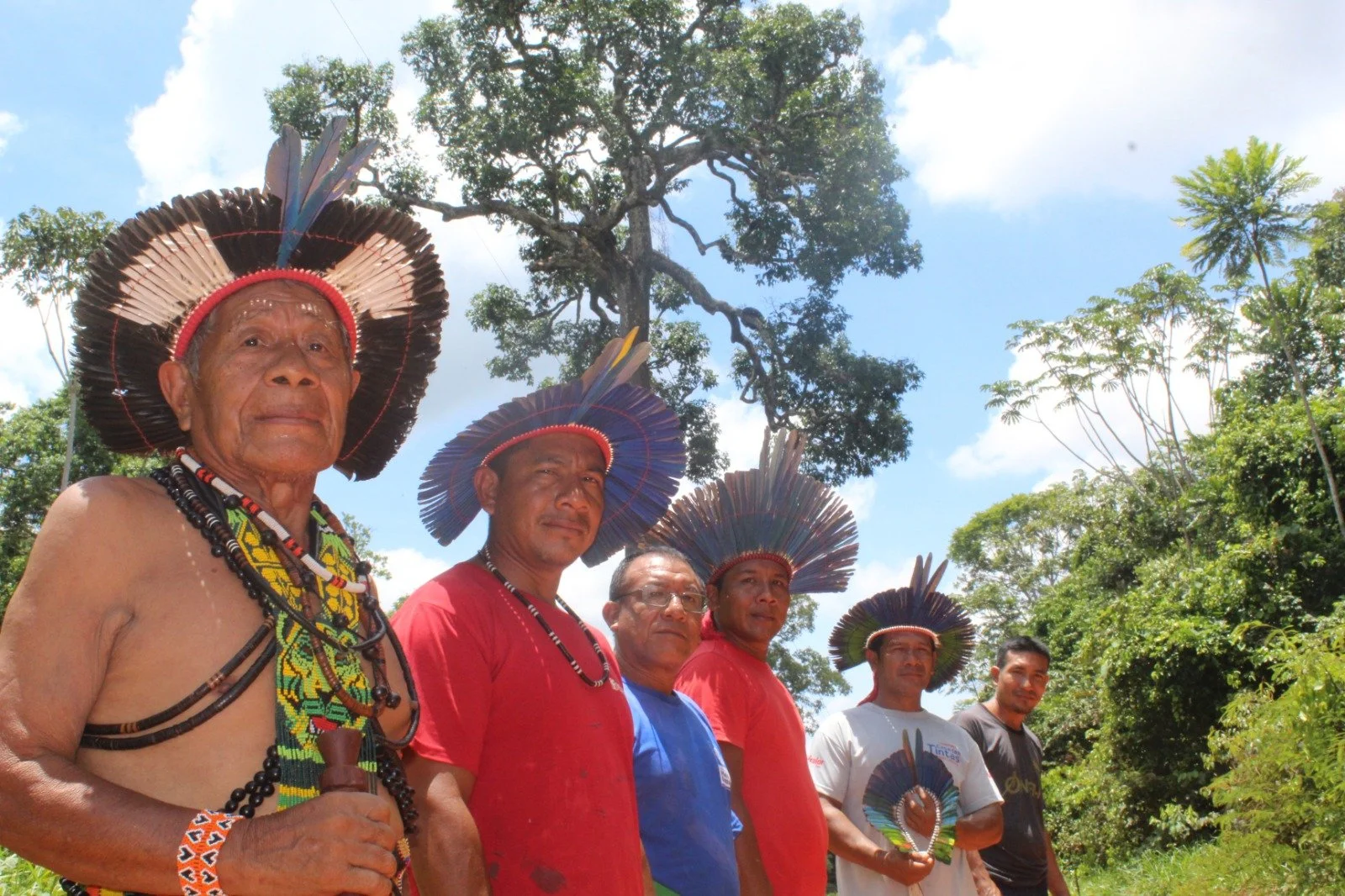At a Glance
Location: Juruena, Mato Grosso, Brazil
Impact Areas: Sustainable Income, Environmental Conservation, Indigenous Inclusion
People Supported:
Indigenous Peoples and local communities, Rural Settlers, Women
Joined NESsT Portfolio:
2024
Overview
In the northwest of the Mato Grosso region in Brazil, the Amazon forest faces great pressures. This area, known as the “Arco do Desmatamento” (or Arc of Deforestation), is one of the most rapidly deforested parts of the Brazilian Amazon, sitting at a critical frontier between the rainforest and expanding areas of agriculture.
Founded in 2008, Cooperativa de Agricultores do Vale do Amanhecer (COOPAVAM) is a women-led cooperative of rural settlers that sources native Brazil nuts from smallholder farmers and Indigenous communities in the Brazilian Amazon. In addition to providing local employment opportunities, COOPAVAM pays premium prices to suppliers, supporting sustainable livelihood alternatives to activities that degrade the forest.
Formed by 25 members in the Vale do Amanhecer rural settlement, COOPAVAM has evolved into a key player in the sustainable Brazil nut supply chain. Today, the cooperative engages over 250 Indigenous collectors, supporting their conservation efforts across 1.4 million hectares of protected Indigenous lands, engaging with 5 ethnic groups: Apiaka, Kayabi, Munduruku, Cinta Larga, and Rikbaktsa.
Operating within five Indigenous territories and legally protected areas, COOPAVAM promotes the responsible harvesting of Brazil nuts, working to safeguard forest biodiversity and strengthen the Brazil nut value chain. All of its activities are guided by sustainable management plans and certified under organic and Fair-Trade standards, offering income opportunities that foster conservation and community well-being.
Rich in protein, fiber, selenium, and other antioxidants, Brazil nuts are an in-demand superfood linked to improved immune health. COOPAVAM processes and sells its certified Brazil nuts, Brazil nut oil, and Brazil nut flour to both domestic and international clients. The cooperative has its own processing plant and transports nuts from collection sites using its own fleet.
COOPAVAM significantly improves the income of its suppliers—predominantly Indigenous families—by paying up to 50% more than local intermediaries and providing local communities a sustainable livelihood alternative to activities that harm the forest, such as cattle ranching and logging. The cooperative’s efforts have increased supplier earnings more than sixfold compared to other available income opportunities.
Many of the Brazil nut collectors COOPAVAM supports come from low-income households and have access to only primary-level education. The association’s technical team runs practical sessions around harvesting season and conducts regular site visits, forming strong relationships with the communities it supports.
COOPAVAM’s contributions to sustainable land management and community-driven conservation impact the lives of over 3,320 Indigenous Peoples of the region.
Results & Impact
80%
of cooperative members are women
250
Indigenous families supported
6x
Increase of collectors’ monthly income*
* increases from R$292 to R$1,840 reflecting the rise in Brazil nut prices paid by COOPAVAM and other companies in other regions of Brazil
NESsT Investment
NESsT’s investment will support COOPAVAM to purchase more raw Brazil nuts from Indigenous communities through a revolving credit line over two years, reaching up to 500 Indigenous collectors. Access to these funds will ensure COOPAVAM can meet the demands of its international and local clients, which include Natura and Carrefour, who are eager to expand their purchases.
NESsT will provide COOPAVAM with business and technical assistance involving financial management support and operational guidance. NESsT will work alongside other ecosystem partners, such as Conexsus and Sitawi, to strengthen COOPAVAM’s financial capacity and internal controls, and to support cooperative members and Indigenous communities in supply chain management.
Additionally, NESsT will help COOPAVAM improve quality control, increase processing efficiency and productivity, and track its impact metrics (including income, employment, gender, and forest conservation) in line with NESsT’s social and environmental standards.










